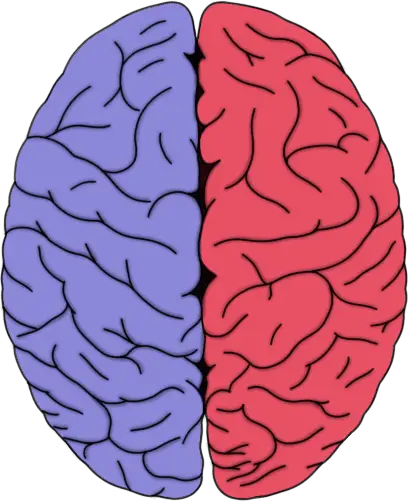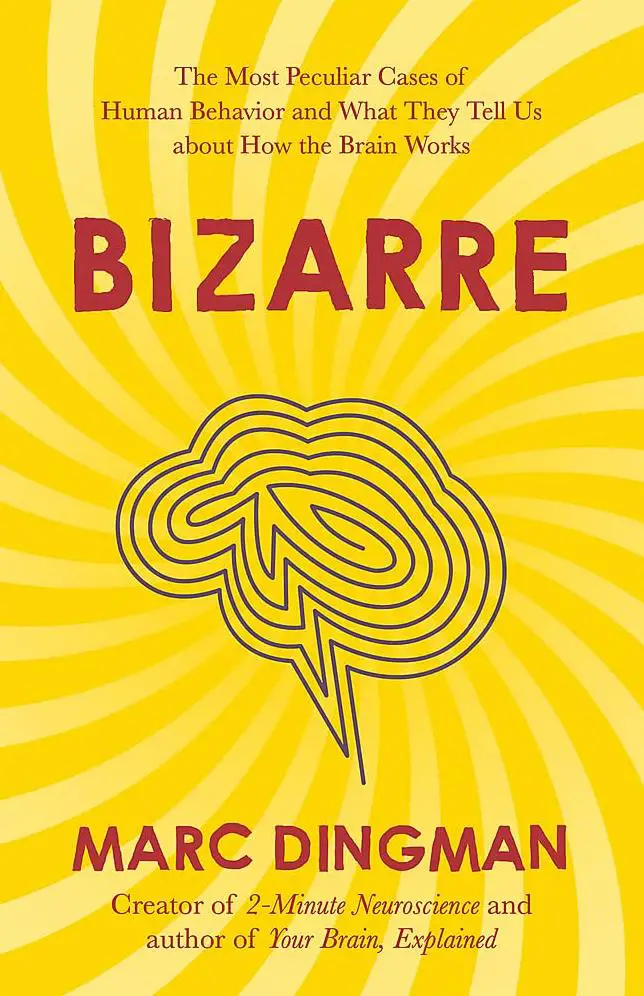Is your biological clock ticking? Maybe you should ignore it
As I've transitioned into middle age, I've gotten used to seeing my Facebook feed filled with baby pictures, descriptions of charming family outings, and adorable quotations from the mouths of toddlers. If I knew nothing about what it were like to have a child (mine is just finishing up the terrible twos), I would assume from scrolling through these perfectly tailored social media portraits of others' lives that having kids is a non-stop fun-filled procession of treasured moments. Of course, this perspective is not confined to my Facebook news feed. It's common knowledge that children make us happier and help us to feel more fulfilled.
This is one of many instances, however, where research and folk wisdom don't mesh. In fact, when studies have compared the happiness of those with children to the happiness of those without children, they have often found that having children is associated with lower life satisfaction. A recent publication looked at data from close to 1.8 million Americans and over a million other respondents throughout the world. What the researchers (a psychologist and an economist--both from Princeton) found generally supported the idea that those who have children are not as happy as those who do not.
There are many explanations for such a finding other than the hypothesis that kids make us miserable. For example, although the survey data used by the Princeton researchers indicated lower life satisfaction in people with children, people with children also experienced less physical pain, felt they had more enjoyment in their lives, earned higher incomes, were better educated, and were healthier. On the other hand, they experienced more stress, worry, and anger. Thus, it may be that having children generates its share of highs and lows, causing us periods of intense stress and upset that are relieved by the enjoyment we get from spending time with our kids. Most parents would probably agree with this statement to some extent.
Regardless, if the data indicates that people with kids are--in a best case scenario--no happier than those without, then where do we get this idea that having kids will make us happier? And why, when we talk to people with kids (or see their posts on Facebook), are we given the distinct impression that a life without children is somehow...lacking?
Survival of the Fittest
The answer to this conundrum may involve evolution. Of course, because having children is the only way to directly pass on one's genetic lineage, then the act of having children causes the propagation of a genetic makeup that may predispose someone to look favorably upon having children. In other words, if there were genes that affected someone's personality in such a way that they loathed the idea of having children, then those genes wouldn't last very long in the population because the reluctance of those who possessed them to have children would naturally limit their propagation.
Although genes that predispose one for parenthood may be part of the answer to this puzzle, there also may be a role for another unit of transmission: the meme. The term meme was coined by Richard Dawkins in his revolutionary book about genetics called The Selfish Gene. A meme is an idea. The idea can be represented by a cultural norm, a style, a behavior, or anything else that can be spread from person to person and generation to generation. Just like genes, however, memes are subject to natural selection.
For example, the rock group Bad English recorded a song 25 years ago called "When I See You Smile." You may or may not remember this song depending on your age and how often you listened to top-40 music in 1989. Here's a link to the video if you care to refresh your memory and/or reminisce. Bad English's song could be considered to have moderately good "fitness" as a meme. It was an idea that enjoyed brief popularity, and at the height of its popularity a significant percentage of the world's English-speaking population was aware of its existence (and maybe even sung along once or twice). However, I don't expect anyone will be singing it 100 years from now.
In contrast, the lyrics to Auld Lang Syne came from a Robert Burns poem written way back in 1788. Over 225 years later, the song is known in many countries throughout the world and sung regularly at events like the beginning of the new year or any other occasion that signals the end of a period of time (e.g. funerals, graduations). The song is easy to remember, has a meaning (the symbolism of endings and beginnings) that resonates with people regardless of their culture, and is sung to a tune that is easy to reproduce. Auld Lang Syne is an extremely "fit" meme.
Although songs may be somewhat trivial examples of memes (contrasted with examples like organized religion or language), the difference between the longevity of these two songs suggests that some memes seem to be better at replicating than others. With that in mind, lets turn back to the idea that having children is an enriching experience. There isn't a much better way for a meme to ensure its survival than if holding it as a belief makes people more likely to engage in behavior that will lead to its own propagation. Believing in the idea that children bring happiness makes one more likely to have children. Those offspring then provide another set of impressionable minds who are readily convinced by their child-having parents and grandparents that children are the greatest source of joy in the world. And the meme continues to spread.
Genes don't necessarily have to promote health to allow them to continue to be propagated, but they have to have some quality that promotes their own transmission. Memes work the same way. They don't need to be accurate ideas, but there has to be something driving their dissemination. Could it be that our belief in the wonder of childbearing is simply due to the success of this meme in promoting its own transmission?
It's possible. As Daniel Gilbert discusses in his investigation of the errors we commit in deciding what will make us happy, Stumbling On Happiness, it would not be the first meme that led us astray. For example, the meme that great wealth leads to happiness continues to thrive throughout much of the world. Evidence suggests, however, that once one has enough money to ensure one's basic needs are provided for, additional money does little to contribute to one's satisfaction.
So, if you're childless and experiencing pangs of jealousy over the seemingly perfect family photos your friends are posting to Facebook, remember that the research suggests your friends aren't as happy as they look in those photos. And maybe you don't have children because you just haven't been suckered into the mass delusion that children will make your life complete.
Deaton, A., & Stone, A. (2014). Evaluative and hedonic wellbeing among those with and without children at home. Proceedings of the National Academy of Sciences, 111 (4), 1328-1333 DOI:10.1073/pnas.1311600111



